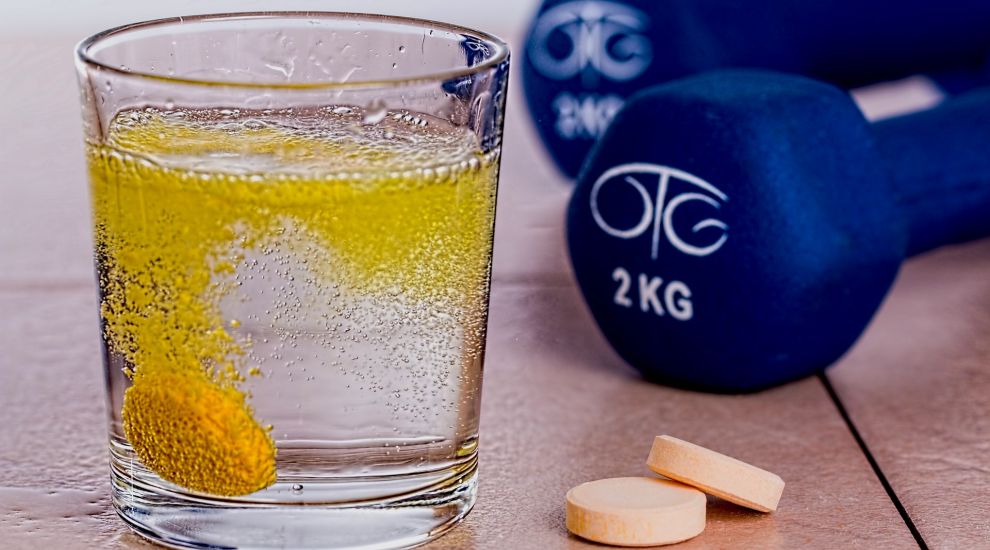

Performance-enhancing supplements could contain substances banned by global anti-doping agencies and should be treated with extreme caution, local sportspeople have been warned.
The alert comes from Economic Development, Tourism, Sport and Culture officials, which recently sent two of its staff to the UK for official anti-doping training ahead of the Island Games in June and the 2018 Commonwealth Games.
Nikki Holmes, one of the educators for Jersey alongside David Kennedy, told Express: “The problem with supplements is that it’s an unregulated industry and whilst lots of people take supplements because they want to look good, supplements are very easy to be contaminated. It’s very easy for them to have supplements that are on the banned list.”
One of the issues is that testing on sports supplements is not water-tight, with the Food Standards Agency approving compounds for consumption so long as they’re not toxic.
VIDEO: Adam Deans, a former U18 Rugby player for England, talks about his two-year sport ban, which caused a stir in the media at the time.
A 2002 study found that 20% of dietary supplements contained banned substances, including anabolic agents, which could lead athletes to test positive for anabolic steroids and thus be banned from competing in sports under both World Anti-Doping Agency (WADA) and UK Anti-Doping (UKAD) regulations.
Such was the case for 18-year-old England rugby flanker Adam Dean, who became the country’s first representative player to be barred from play after taking an over-the-counter protein supplement in 2005.
But testing doesn’t only apply to those competing on an elite level, Ms Holmes explained:
“Any athlete can be tested. You don’t have to be going off to the Commonwealth or the Olympics. Anybody who is playing a sport that is signed up to a national governing body signed up to WADA or UKAD can be tested… There is always the possibility.”

Pictured: Non-elite sportspeople could also be tested as part of anti-doping regulation, Nikki Holmes warns.
Last week, Jersey’s new anti-doping experts delivered their first lecture to the Commonwealth Association of Jersey and the Island Games Association of Jersey, and are aiming to roll out the education programme other sports teams competing nationally. They later hope that anti-doping policy will become a requirement of the Jersey Clubmark Scheme, an award that recognises high standards in club management and safety.
“Ignorance is not a defence. Everybody should be getting the clean sport message. We want to educate people; we don’t want to terrify them. We’re going to give them the facts and allow them to make informed choices so that they can determine their own path.”
Comments
Comments on this story express the views of the commentator only, not Bailiwick Publishing. We are unable to guarantee the accuracy of any of those comments.